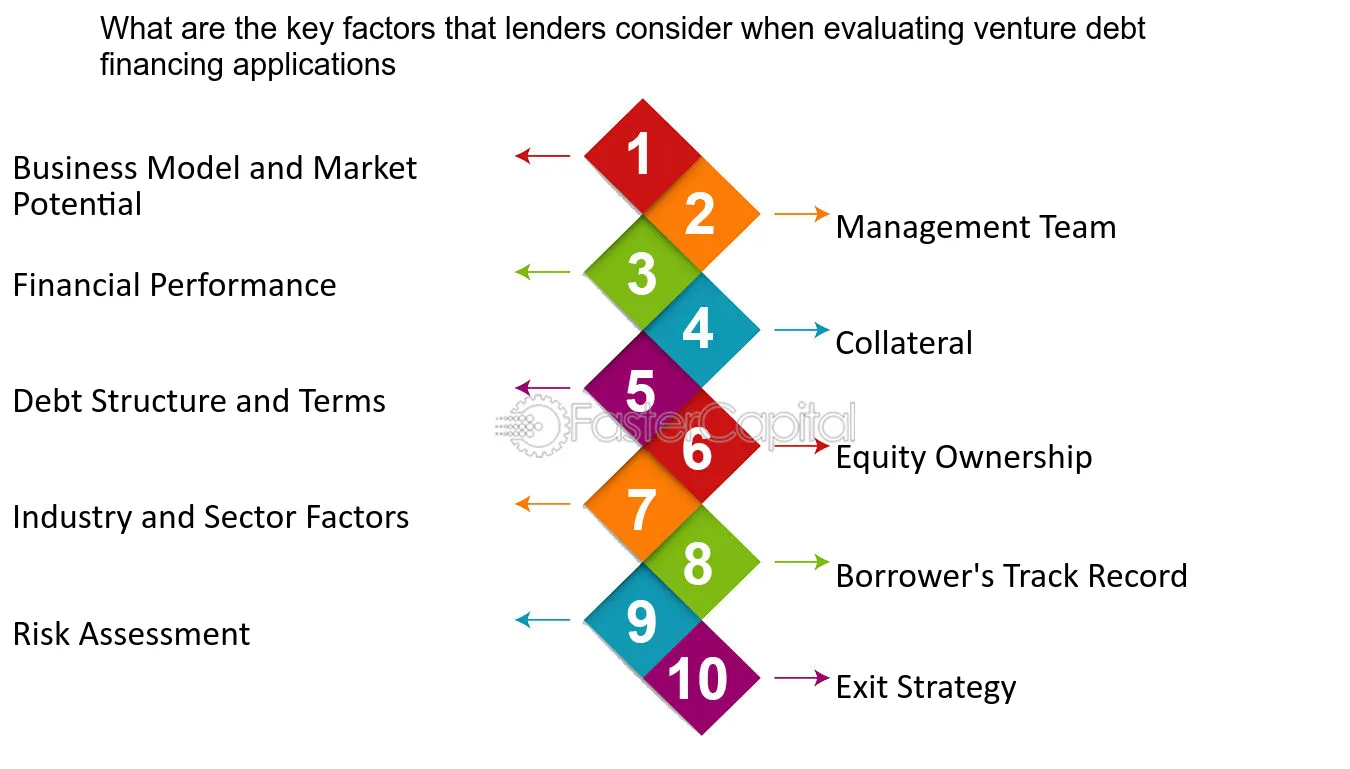Purchasing a car is a significant investment, and for many, securing a car loan is the only way to make this purchase possible. However, not everyone qualifies for a car loan. Lenders carefully evaluate various factors to determine the risk associated with lending money; Understanding these criteria will help you assess your chances of approval and take steps to improve your eligibility. This guide will explore the key factors lenders consider when evaluating car loan applications, helping you navigate the process with confidence.
Key Factors Affecting Car Loan Approval
Several factors influence a lender’s decision to approve or deny a car loan application. These factors primarily revolve around your financial stability and creditworthiness.
Credit Score and Credit History
Your credit score is a numerical representation of your creditworthiness, based on your past borrowing and repayment behavior. A higher credit score generally indicates a lower risk to the lender. Lenders review your credit history to assess your track record of paying bills on time and managing debt. A history of late payments, defaults, or bankruptcies can negatively impact your chances of approval.
Factoid: Did you know that having no credit history can be just as challenging as having bad credit when applying for a car loan? Lenders need a track record to assess your ability to repay.
Income and Employment History
Lenders want to ensure you have a stable and sufficient income to repay the loan. They typically require proof of income, such as pay stubs or tax returns. A steady employment history demonstrates your ability to maintain a consistent income stream; Frequent job changes or periods of unemployment can raise concerns for lenders.
Debt-to-Income Ratio (DTI)
Your DTI is the percentage of your gross monthly income that goes towards debt payments. A lower DTI indicates that you have more disposable income and are better able to manage additional debt. Lenders generally prefer a DTI below a certain threshold, which varies depending on the lender and the loan terms.
Down Payment
Making a down payment on the car reduces the loan amount and demonstrates your commitment to the purchase. A larger down payment can increase your chances of approval and potentially lower your interest rate. While some lenders offer loans with no down payment, these typically come with higher interest rates.
Who is More Likely to Get Approved?
Generally, individuals who meet the following criteria are more likely to be approved for a car loan:
- Have a good to excellent credit score (typically 670 or higher).
- Have a stable income and employment history.
- Have a low debt-to-income ratio.
- Are able to make a down payment.
Who Might Face Challenges?
Individuals who may face challenges getting approved for a car loan include:
- Those with a poor credit score (below 620).
- Those with a limited or no credit history.
- Those with an unstable income or employment history.
- Those with a high debt-to-income ratio.
- Those unable to make a down payment.
Tips to Improve Your Chances of Approval
If you’re concerned about your ability to get approved for a car loan, there are steps you can take to improve your chances:
- Improve your credit score: Pay bills on time, reduce credit card balances, and correct any errors on your credit report.
- Save for a down payment: The larger the down payment, the lower the loan amount and the less risk for the lender.
- Reduce your debt: Pay down existing debt to lower your debt-to-income ratio.
- Consider a co-signer: A co-signer with good credit can vouch for your ability to repay the loan.
- Shop around for the best rates: Compare offers from different lenders to find the most favorable terms.
Understanding Different Types of Car Loans
There are various types of car loans available, each with its own terms and conditions. These include loans from banks, credit unions, and dealerships. Researching the different options can help you find the best fit for your financial situation.
Loans from Banks and Credit Unions
Banks and credit unions typically offer competitive interest rates and flexible loan terms. They often require good credit scores and a stable financial history.
Dealership Financing
Dealerships offer financing options that can be convenient, but may come with higher interest rates. They may be more willing to work with individuals with less-than-perfect credit.
FAQ ⸺ Frequently Asked Questions
What is a good credit score for a car loan?
Generally, a credit score of 670 or higher is considered good and will increase your chances of getting approved for a car loan with favorable terms.
Can I get a car loan with bad credit?
Yes, it’s possible, but you’ll likely face higher interest rates and less favorable loan terms. Consider improving your credit score or finding a co-signer.
How much of a down payment should I make?
While some lenders offer loans with no down payment, making a down payment of at least 10-20% of the car’s purchase price is generally recommended.
What documents do I need to apply for a car loan?
You’ll typically need proof of income (pay stubs, tax returns), proof of identity (driver’s license, passport), and proof of residence (utility bill, lease agreement).
How long does it take to get approved for a car loan?
Approval times can vary depending on the lender and your individual circumstances, but it typically takes between a few hours and a few days.

